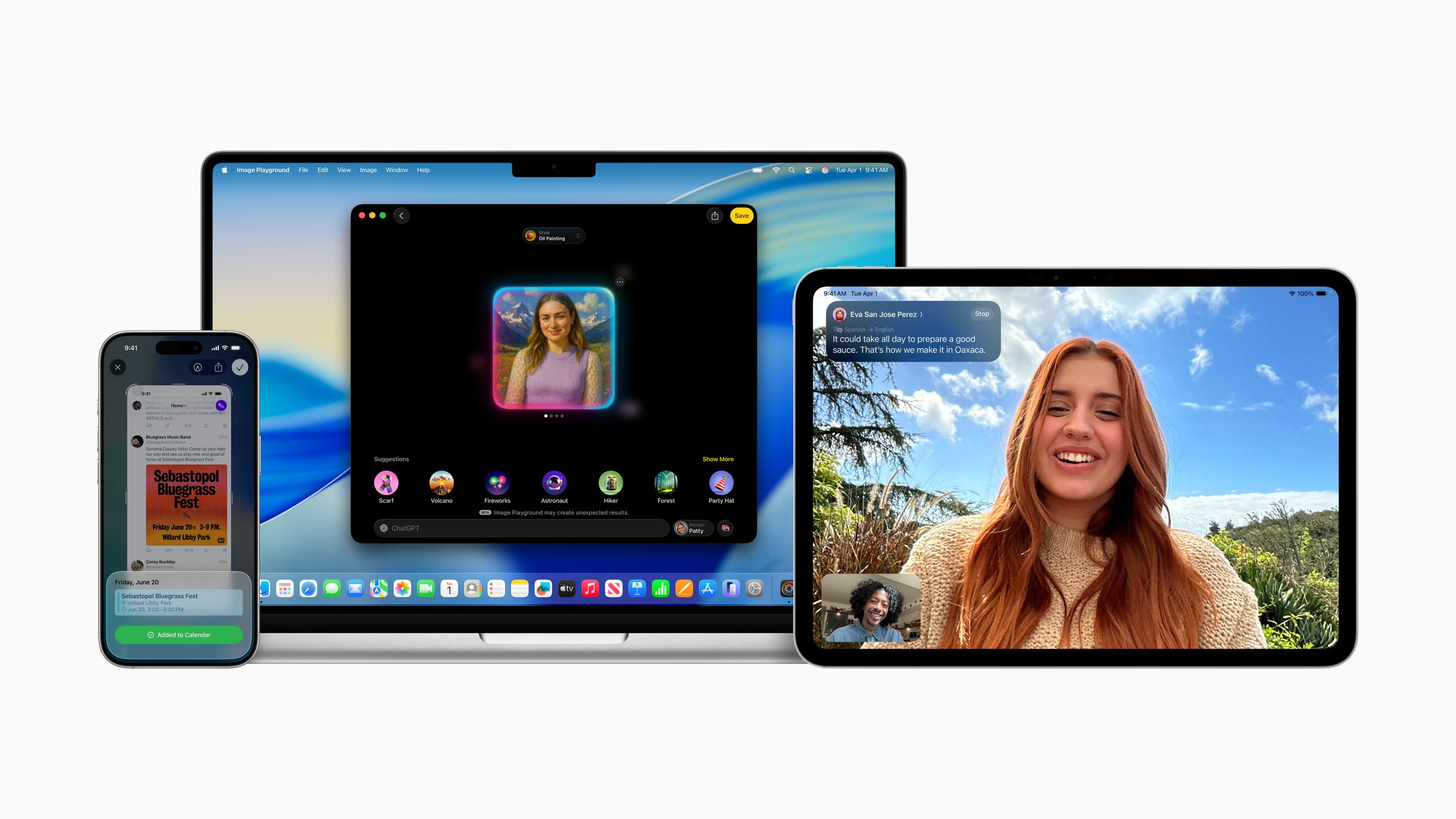Apple's Cautious AI Strategy: A Deliberate Path or a Missed Opportunity?
 The Tech Times
The Tech Times
In the tech world, Apple is often synonymous with innovation and sleek, user-friendly design. Yet, when it comes to artificial intelligence (AI), the tech giant is treading carefully. At the recent Worldwide Developers Conference (WWDC), Apple announced its plans to integrate AI into more of its products. However, the announcements were conservative compared to the bold steps taken by other tech giants. This cautious approach raises a crucial question: Is Apple wisely avoiding pitfalls or missing out on leading the AI revolution?
A Legacy of Innovation Meets AI Conservatism
Historically, Apple has been a trailblazer in many technological arenas. From the introduction of the Macintosh in 1984 to the revolutionary iPhone in 2007, Apple's legacy is rich with moments of technological leadership. However, when it comes to AI, Apple seems to be taking a back seat.
AI has been a game-changer in numerous industries, from healthcare to autonomous driving. Companies like Google, Microsoft, and Amazon have invested heavily in AI research, leading to breakthroughs such as Google's AlphaGo defeating human champions and Microsoft's advancements in natural language processing. In contrast, Apple's AI announcements at WWDC were more about incremental improvements and integration rather than groundbreaking innovations.
Apple's Measured AI Approach
At WWDC, Apple showcased its focus on enhancing user experience through AI, such as improved autocorrect features and photo recognition capabilities. These enhancements are certainly useful, but they don't represent the cutting edge of AI technology. Additionally, a recent research paper suggests Apple's skepticism toward some of the more hyped AI advancements, possibly influencing its cautious approach.
This conservative strategy might be rooted in Apple's commitment to user privacy and data security. Unlike many of its competitors, Apple has consistently prioritized these aspects, which can limit the scope of AI development reliant on vast data sets. Apple's reluctance to rush into AI may also stem from a desire to avoid the ethical and societal pitfalls that can accompany rapid technological advancement.
The Strategic Decision: Caution or Missed Leadership?
Apple's decision to adopt a more measured AI strategy can be seen as both a strength and a vulnerability. On one hand, this approach aligns with Apple's reputation for delivering polished, reliable products that prioritize user privacy. By avoiding the AI hype, Apple reduces the risk of over-promising and under-delivering, a fate that has befallen many tech companies in the past.
On the other hand, this conservative stance could lead to Apple losing its competitive edge in a rapidly evolving market. As AI continues to transform industries and consumer expectations, Apple's competitors may seize the opportunity to position themselves as leaders in AI innovation. This could potentially diminish Apple's influence in the tech landscape, where cutting-edge AI capabilities are increasingly seen as essential.
Conclusion: A Calculated Gamble
Apple's approach to AI is a calculated gamble. By focusing on incremental improvements and maintaining a commitment to privacy and security, Apple may continue to delight its loyal customer base. However, the risk remains that Apple could find itself playing catch-up if it does not accelerate its AI efforts in line with industry leaders.
The tech world will be watching closely to see if Apple's cautious AI strategy pays off or if it ultimately sidesteps a pivotal moment in technological advancement. As AI continues to reshape our world, Apple's next moves will be critical in determining whether it retains its status as an innovation leader or becomes a follower in the AI race.
Source: Apple Is Pushing AI Into More of Its Products—but Still Lacks a State-of-the-Art Model
Subscribe to my newsletter
Read articles from The Tech Times directly inside your inbox. Subscribe to the newsletter, and don't miss out.
Written by
